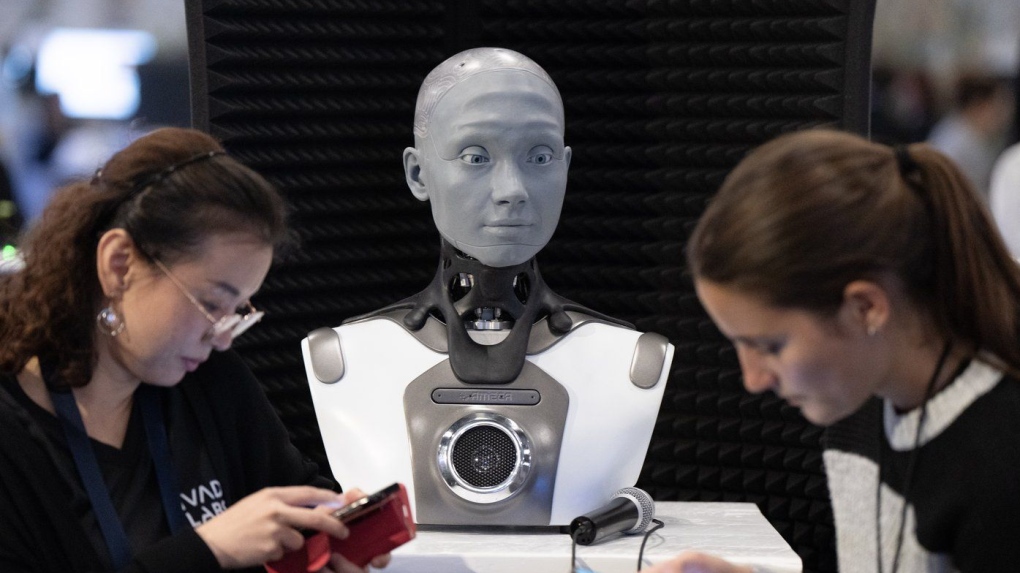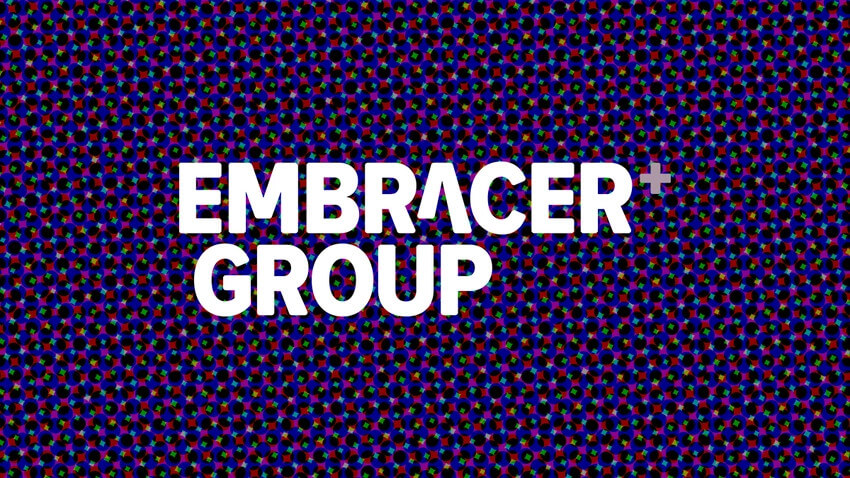The Federal Court of Canada faces a unique challenge: determining whether artificial intelligence (AI) can be recognized as authors under the country’s copyright law. This case marks the first time the court will examine how the Copyright Act applies to AI-generated content, such as text, images, and videos produced by systems like ChatGPT.
David Fewer, director and general counsel at the University of Ottawa’s Samuelson-Glushko Canadian Internet Policy and Public Interest Clinic, emphasizes the urgency of establishing clear guidelines. “We aim to set a precedent that only humans can be authors under the law,” he says.
With the increasing volume of AI-generated content, Fewer believes now is the time to define these rules. As AI and copyright law reach a critical juncture, he warns of a surge in content “generated by AI, not humans.”
Fewer argues that copyright law grants significant rights to humans, and extending these rights to non-human entities could have far-reaching implications. He asserts, “It’s crucial that we don’t extend these rights to non-human entities that don’t require incentives or merit the rewards copyright bestows on authors.”
The case revolves around a copyright registration made two years ago by Ankit Sahni, an intellectual property lawyer from India. Sahni combined his own sunset photo with Vincent van Gogh’s The Starry Night using AI. He then attempted to register the resulting image, “Suryast,” in copyright registries worldwide.
While the United States Copyright Review Board rejected the registration in December, its status remains unclear in India. In Canada, where registrations are granted instantly without verification, “Suryast” received copyright registration in 2021.
A spokesperson for Innovation Canada clarified that the courts determine authorship, not the Canadian Intellectual Property Office. The office “takes no position” on such matters.
The application argues that Canada’s registration sets a precedent for accepting AI authorship, leading to Canada being recognized as one of the few jurisdictions granting copyright to AI-authored works.
This issue is currently under review by the federal government, which is considering how the Copyright Act should address AI. The question of AI authorship was central to a recent consultation, with the government open to various approaches, including limiting copyright protection to human-created works.
In this consultation, Canadian creators and publishers urged Ottawa to address the unauthorized use of their content to train AI systems. Unlike in the United States, Canadian copyright holders have not yet pursued legal action against this practice.
Fewer finds this lack of action surprising, suggesting that stakeholders may be waiting for Parliament’s decision or pursuing licensing schemes instead.










